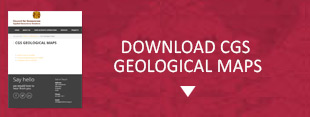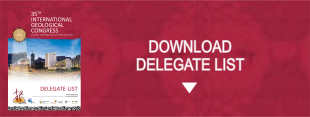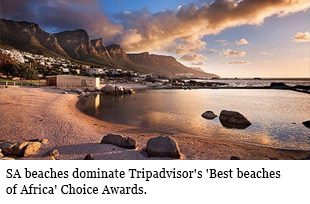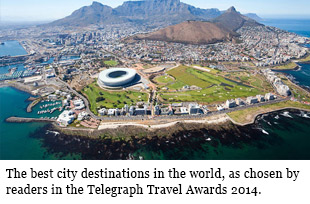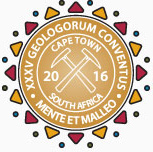
35TH INTERNATIONAL GEOLOGICAL CONGRESS
27 AUGUST - 4 SEPTEMBER 2016 | CAPE TOWN, SOUTH AFRICA
Sponsors
Keystone Sponsor
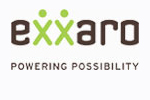

Diamond Sponsor


Gold Sponsor


Silver Sponsor



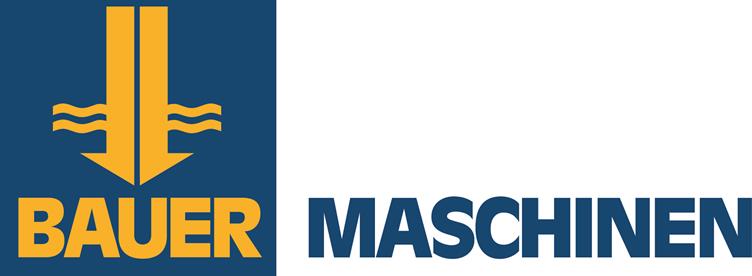




Business Centre Sponsor


Publication Sponsor




Social Function


Plenary Speaker Sponsor


Speaker Gift Sponsor


Post Graduate Fund


Registration


Welcome Drinks
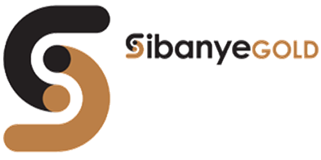

Lunch Time Drinks
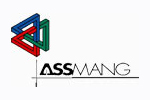

Publication &
35 IGC SAGPGF
35 IGC SAGPGF

35 IGC SAGPGF




MY IGC APP


Symposium Sponsor
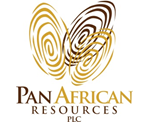
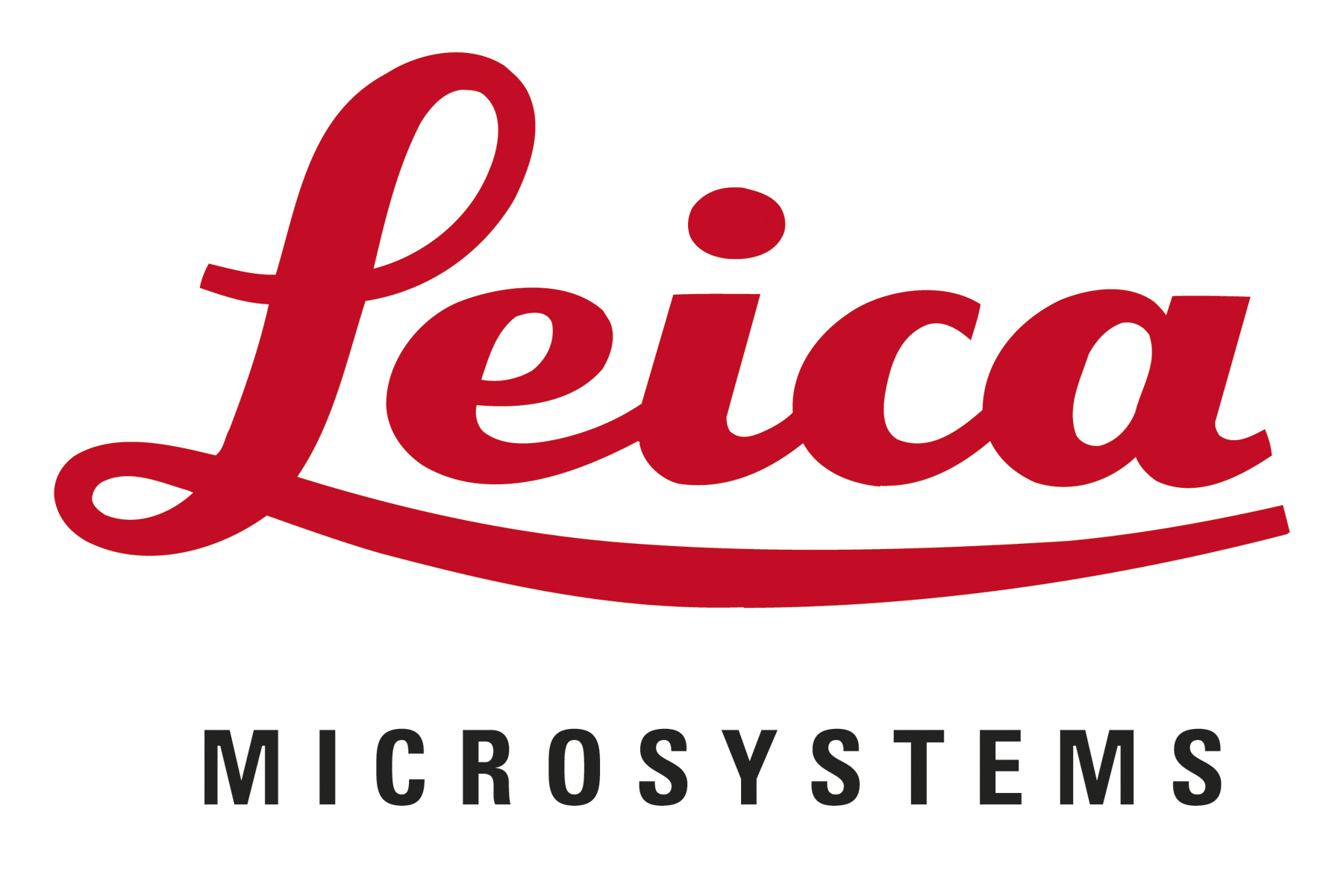


Audit Sponsor
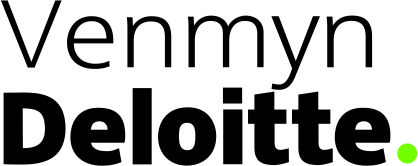

35TH INTERNATIONAL GEOLOGICAL CONGRESS
27 AUGUST - 4 SEPTEMBER 2016 | CAPE TOWN, SOUTH AFRICA
My IGC
Symposium Details
| Title | Description | Convenors |
|---|---|---|
| Increasing diversity in the geosciences through access and inclusion | All learners, regardless of their stage of education, should see geoscience as an accessible academic subject which offers viable career opportunities. However, some of the most appealing characteristics of geoscience for many students can also present physical and psychological barriers to others. For example, students with physical and sensory impairments are often discouraged from pursuing higher education in the geosciences due to the rigorous field-based education requirements in the traditional curriculum. Because of this, enrolment in the geosciences by students with disabilities is one of the lowest of all of the science disciplines. Other students may decide not to engage with geoscience due to perceived issues around culture, gender and ethnicity. Ultimately, this perception of geoscience as inaccessible and exclusive to certain groups may lead students who might otherwise become talented geoscientists to seek alternative academic and professional paths. This symposium will promote awareness of the need to broaden the perspectives of access to the geosciences for a more diverse range of students at all stages of education, and provide a forum to explore and discuss some of the existing and emerging issues around diversity in geoscience. We encourage geoscience educators and students to disseminate current and historical research findings, and instructional experiences that promote the enhancement of a diverse participation in the geosciences through increased access and inclusion, and in a range of learning environments. | Alison Stokes and Christopher Atchison |
 Field trips
Field trips  Sponsorship & expo
Sponsorship & expo  Registration
Registration Tours
Tours  Promotion
Promotion 

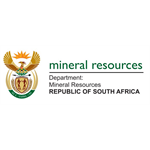












 Conference Programme
Conference Programme  Field trips
Field trips  Sponsorship & expo
Sponsorship & expo  Volunteer
Volunteer  GeoHost
GeoHost  Registration
Registration Tours
Tours  Promotion
Promotion  Publications
Publications


